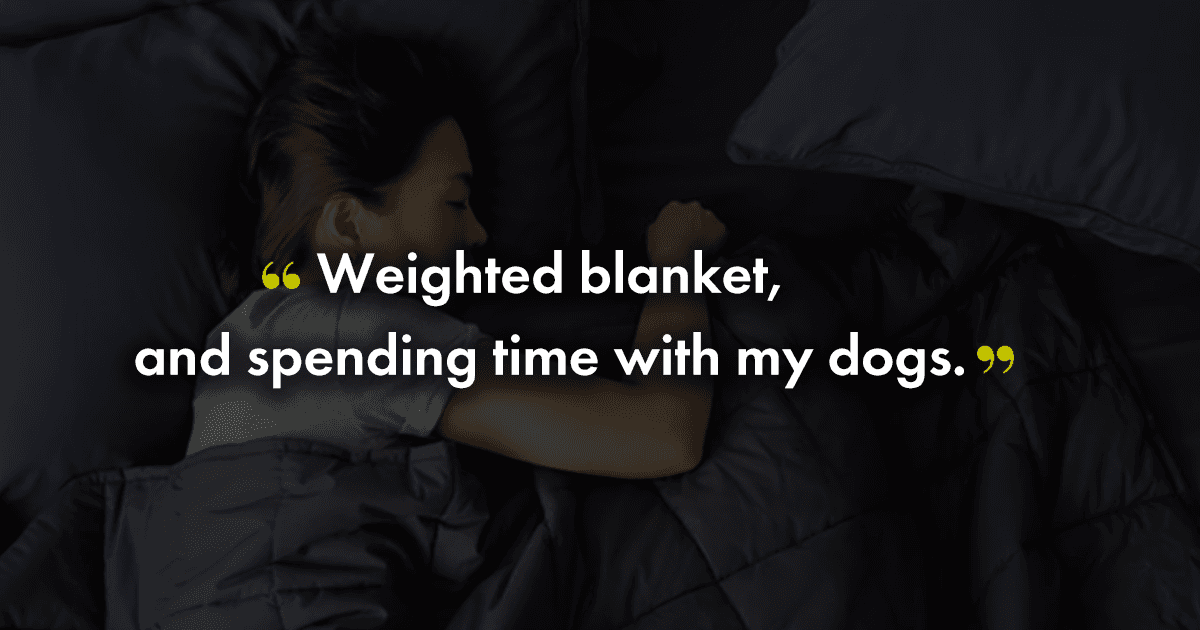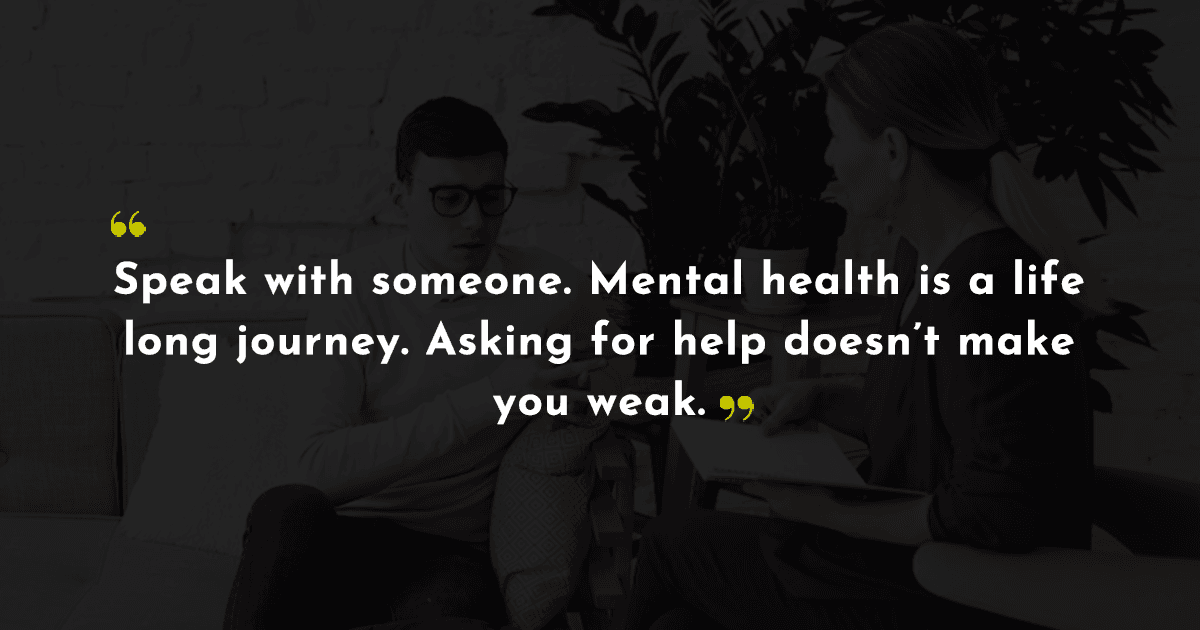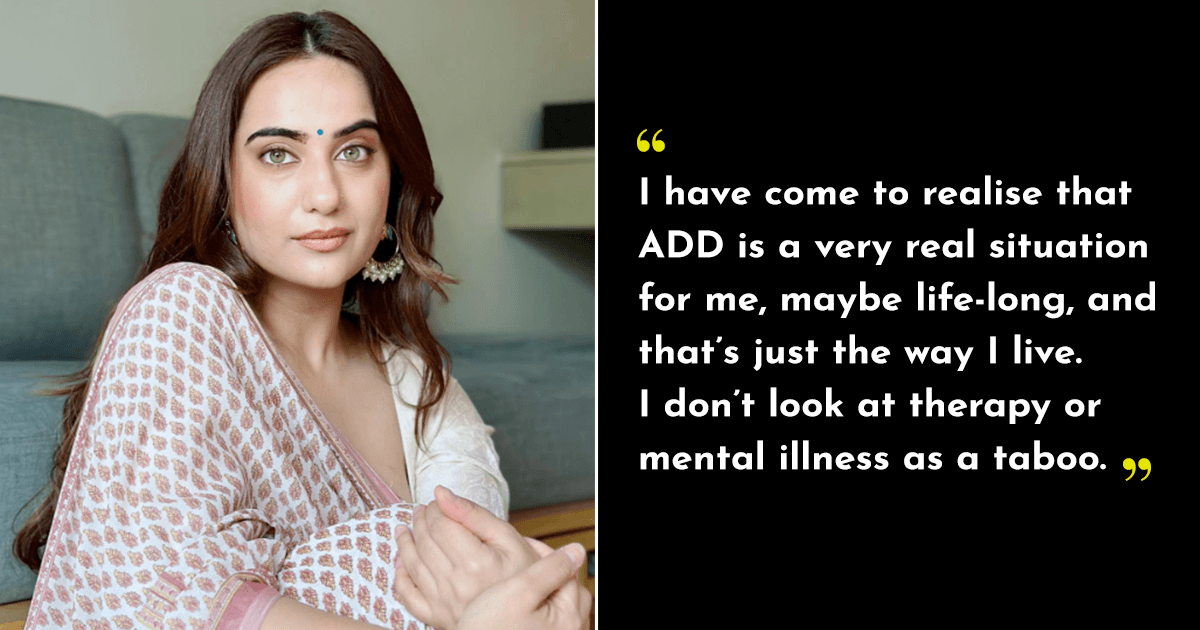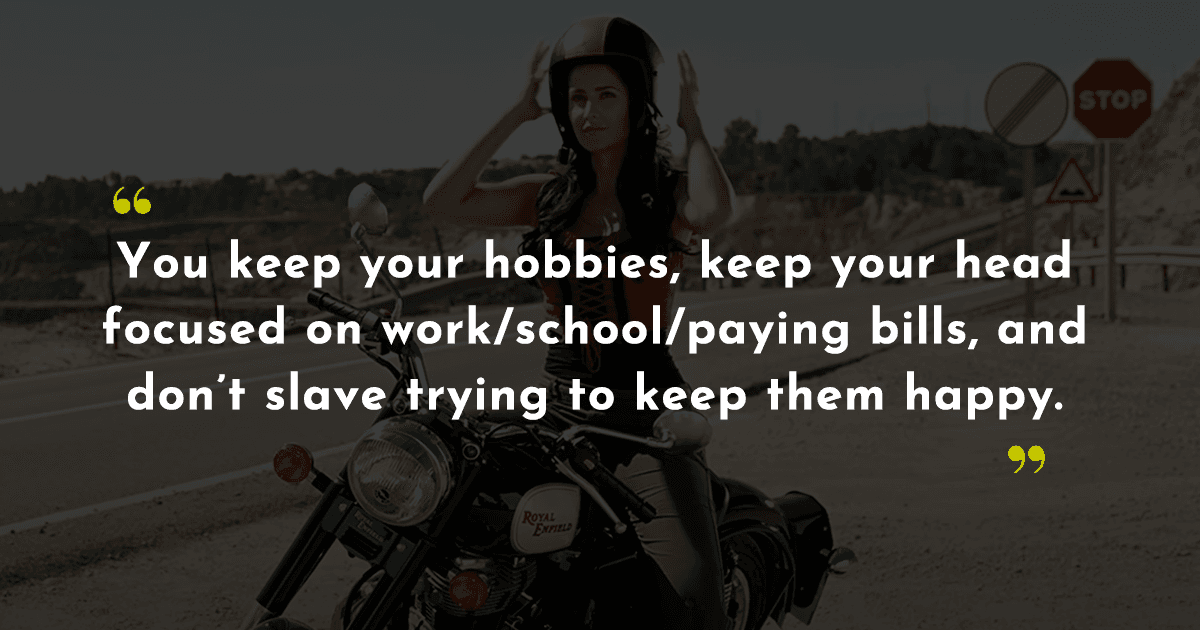October 10 is marked as the World Mental Health Day every year. While the world has been raising awareness about mental health and the social stigma attached to it, some believe in downgrading the whole concept to arey! ye depression-wipression kuch nahin hota hai. Most of us also treat mental illnesses like anxiety and depression as just the terms introduced by the West.
Well, India’s legendary former cricket captain, Kapil Dev recently spoke about (read: ridiculed) mental health during an event. A video of the incident is going viral on Twitter.
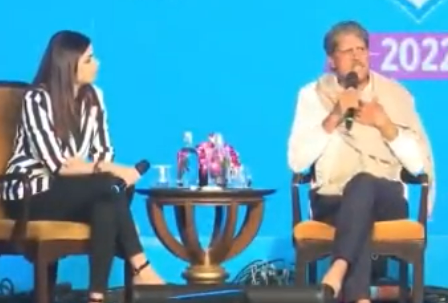
The clip posted by @Aces_sports shows Kapil Dev addressing the audience during a felicitation ceremony at Taj Palace in New Delhi on Friday. Tennis star Saina Nehwal shared the stage with him.
Kapil Dev was speaking about how demanding cricket has become in the modern era saying that players end up taking unwanted pressure. The 1983 World Cup captain advised cricketers to avoid playing the Indian Premier League (IPL) if the tournament affects their mental health.
“Aaj kal main bahot sunta hoon tv pe ‘bahot pressure hai. IPL khelte hain ‘bahot pressure hai’ toh main ek hi cheez kehta hoon ‘mat khelo’. Ye pressure kya hota hai?” the legendary cricketer said. The crowd cheered and clapped. Saina, who was sitting alongside Kapil Dev, also burst into laughter.
“If a player has passion, there will be no pressure. I can’t understand these American terms like pressure and depression. I’m a farmer and we play because we enjoy the game, and there can’t be any pressure while enjoying the game,” he added.
The 63-year-old former cricketer then stressed on students complaining of pressure these days. “Ac school mein padhte ho, maa-baap fees dete hain, teacher aapko haath nahin laga sakta aur aapko pressure hai…”
“Pressure is a wrong word. When you are in love it’s not a pressure and I love my game so it cannot be pressure,” Kapil Dev said further.
Watch the full video here:
Twitter is disappointed with Kapil Dev’s tone-deaf remarks:
It becomes quite disappointing when celebrities, who we look up to as inspirations, ridicule mental health like a boomer uncle. So much so that it makes us wonder that we are far behind in raising awareness about mental health.




